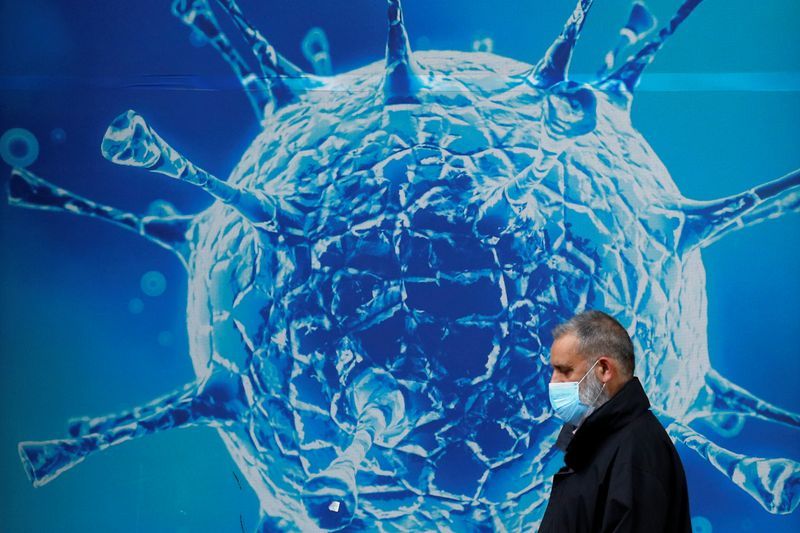A more infectious COVID-19 variant first discovered in the United Kingdom continues to turn up across the U.S. and worldwide, threatening to stress overburdened health care systems further.
At least 33 countries and three U.S. states have identified the new strain, known as B.1.1.7. Many countries have also discovered an additional variant, first spotted in South Africa, that also appears to be more contagious.
“As the new COVID-19 strain spreads more rapidly, they can lead to more cases and put even more stress on our heavily burdened health care systems,” said the incident manager for the Centers for Disease Control and Prevention COVID-19 response, Dr. Henry Walke.
Here’s what we know about the new strain.
How much more contagious is the new variant?
According to the Centers for Disease Control, the variant first spotted in the U.K. spreads more quickly and efficiently than other variants. The strain was first discovered in September in eastern England and accounted for 60% of London cases by November.
What makes the new variant of COVID-19 more infectious?
According to the CDC, SARS-CoV-2, the virus that causes the COVID-19 disease, alters regularly acquires about one new mutation in its genome every two weeks. The U.K. strain has several mutations that affect the ‘spike protein’ on the virus surface connected to human cells.
Is the new COVID-19 variant more lethal?
According to the FDA, there is no concrete proof that B.1.1.7 causes more severe illness or increased risk of death.
Is the current COVID-19 vaccine effective for the new strain?
Scientists believe current COVID-19 vaccines will probably protect against the new variant, but research is required.
Dr. Greg Armstrong, director of the CDC’s Office of Advanced Molecular Detection, said, “ From what we know from experience with other mutations in the past, it’s unlikely to have a huge impact on existing immunity from previous variants, or vaccine-induced immunity.”




